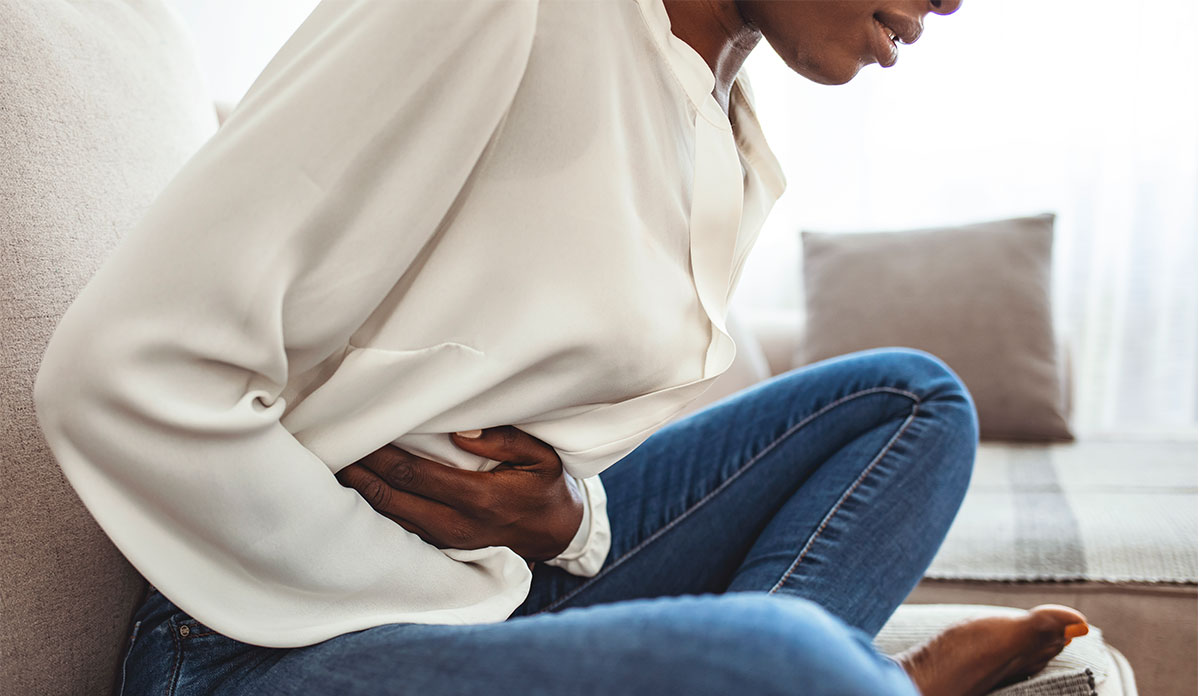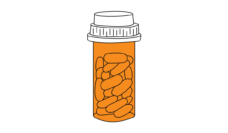The word pain comes from the Latin peine, which describes suffering or torment, usually inflicted as a punishment for an offense. While the etymology may be unfamiliar, we are all too familiar with the teeth-gritting pain of a tension headache that hangs around during a particularly stressful weekend. Now imagine that sensation remaining in your body for six months or even years. You are experiencing chronic pain.
Pain is not limited to physical sensations. It is also an emotional condition. The physical and emotional elements of pain often work in tandem, producing a cycle of discomfort. Chronic pain may decrease the likelihood of exercise, participation in social events, sexual activity, and employment. People who experience chronic pain are three times more likely to develop depression or anxiety. Correspondingly, people who experience depression are three times more likely to develop chronic pain.
A team led by Dr. Carrier E. Huising examined how chronic pain resulting from endometriosis, affected mental health. Endometriosis is a condition in which endometrium (tissue similar to that which lines the uterus) grows outside of the uterus. Approximately, 190 million girls and women of reproductive age live with endometriosis. However, the broad array of symptoms and lack of awareness causes many cases to go undiagnosed. Adolescents experience an average eight to twelve year delay between the onset of symptoms and diagnosis. Often written off as a symptom of bad or heavy period, pelvic pain is by far the most common symptom of endometriosis. The pain is commonly debilitating, especially during intercourse, urination, bowel movements, and menstruation.
The study compared the incidence of depression, anxiety, and self-directed violence between women with and without endometriosis. Women diagnosed with endometriosis experienced higher rates of clinical anxiety, depression, and self-directed violence.
Rates of depression were 1.5 times higher among women with endometriosis when compared to women without endometriosis. A meta-analysis of 24 studies found that women who experience pelvic pain as a symptom of endometriosis had higher rates of depression than those who experienced endometriosis without pelvic pain. There was no difference in depressive symptoms between patients with endometriosis and patients with pelvic pain due to another condition. This suggests that chronic pain, and not the endometriosis diagnosis itself, leads to depression.
There is no cure for endometriosis. And some scientists believe that treating depression with antidepressants may be less effective in women with endometriosis without a treatment to manage pain. Women with endometriosis, or any severe chronic pain, should contact their physicians to discuss the best treatments for their physical and mental wellbeing.
Photo via Getty Images














